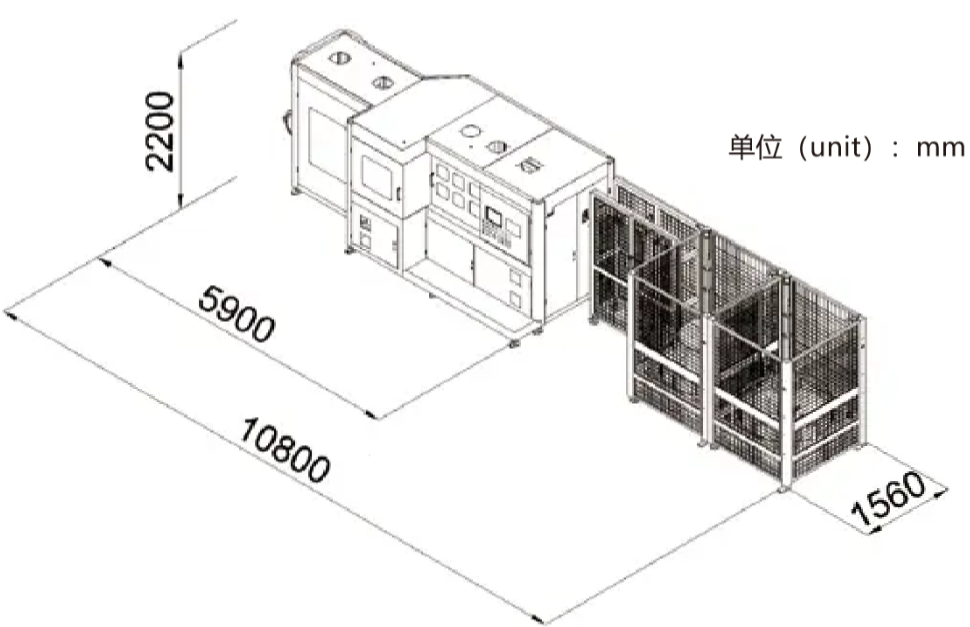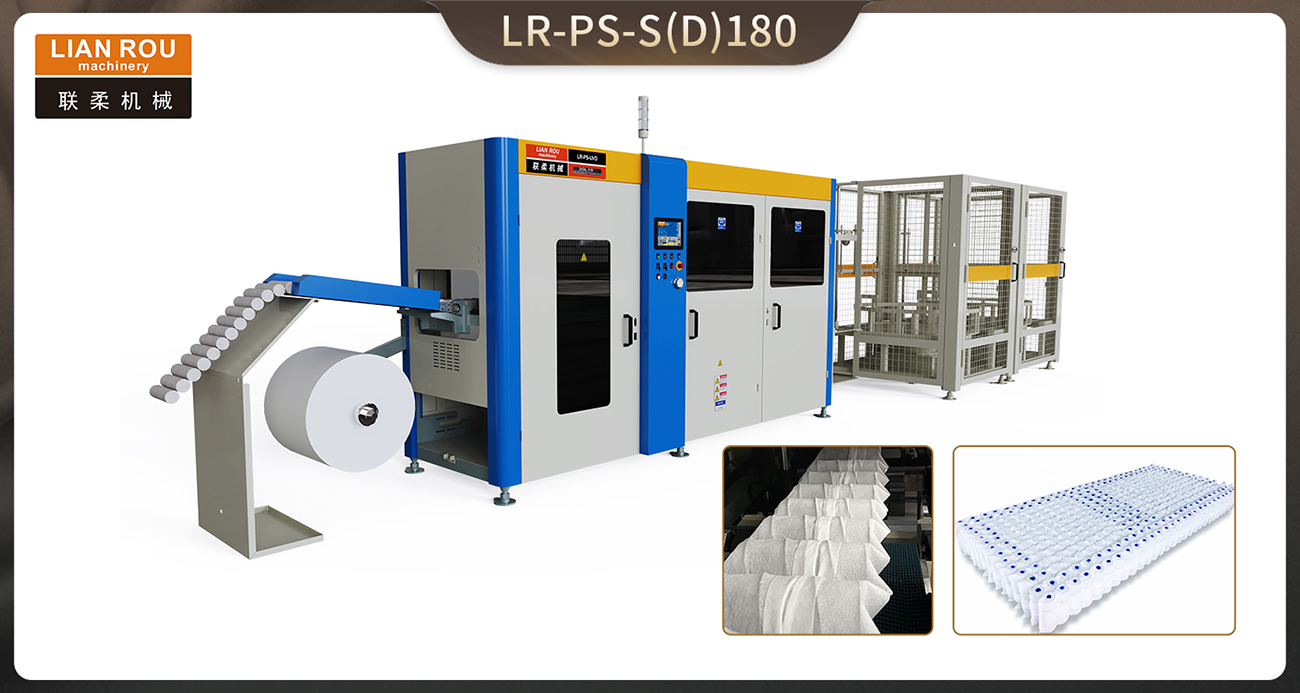It's a grey, wet October day at the landfill in Greater Sudbury in northern Ontario, and the hazy conditions have attracted colonies of seagulls and eagles in search of food to the area.
Standing on top of some 30 years worth of garbage, landfill manager Aziz Rehman eyes a pile of mattresses waiting to be handled by the trucks that process incoming trash. Mattress Production Line

"Everybody working in a landfill hates mattresses," says Rehman.
As the trucks begin to roll over that section in an attempt to pack all the waste together and save space, the mattresses bounce right back.
Designed to resist compression, they are a machine operator's worst nightmare.
"I can see he already passed on them five times, but still, they're right back to the surface. It's really, really hard to compact them."
To make things worse, the springs in the mattresses often get tangled in the equipment parts and cause serious damage to the machinery.
But that's just one of the many complications.
Further in the landfill, staff dug four giant holes in the ground to measure the density of the trash.
In the sea of plastic and soil is the unmistakable shape of a mattress, taking up on average 400 per cent more space than anything else around it.
"The only option we have is to bury them within the waste," says Rehman.
He explains the discarded mattresses hold in leachate, a liquid that passes through the waste and contains dangerous contaminants.
Landfills typically collect leachate to avoid polluting local waterways. But when it gets absorbed into the mattress, it seeps back up to the surface instead of flowing downwards to the treatment systems.
That leaves a scar on the landscape.
When Rehman drives past a section of the landfill that's been covered with a layer of soil and hydroseeded, he can spot where a mattress is likely to be buried just by looking at the vegetation.
"We're looking at a grassy area, but there's one leachate spot right there," he says, adding it is typically a sign a mattress is buried underneath.
Greater Sudbury has about 163,000 residents who send, on average, some 12,000 mattresses to the landfill each year.
A business case for a mattress recycling program is before Greater Sudbury city councillors this year as they head into budget deliberations.
"I really hope they'll go for it this time," says the city's director of environmental services, Renee Brownlee. "Last year, it got deferred."
She feels it's a sound financial proposal. It costs about $30 to recycle a mattress, versus an estimated $68 to bury it – that is, if you consider Sudbury's landfill space to be monetizable.
Brownlee says it will cost $200 million to open a new landfill when the current one reaches its maximum capacity in an estimated 25 years.
But the current local government won't be the one footing the bill.
Like many of the smaller and more rural cities in Ontario, Greater Sudbury does not have enough of a population to sustain a viable private mattress recycling facility.
It has to ship everything some 400 kilometres south, which increases costs.
All the mattresses in Ontario that are thrown out land in a facility managed by Recyc-Mattress, the lone company in the province doing this type of work.
Company director Eric Castro says it's not a very profitable business.
"There's not a lot of money to be pulled out from an old mattress."
What has enabled the company to stay afloat while others closed down is technological improvements.
"Over the years, we've gone from a fully manual process to an automated system."
He adds 95 per cent of the material from a mattress can be recycled and used for filler material for industries like carpeting and insulation.
To make the project viable, Castro says, there needs to be a high volume of incoming mattresses, which is why the company set up shop in the Toronto area.
He says while the cost of recycling mattresses has remained stable over the years, transportation costs have not, which is dissuading potential clients in more rural areas from seeking the services of Recyc-Mattresses.
Few Canadian municipalities and provinces have mattress diversion programs, and places that do tend to pass on the cost to residents directly.
In Toronto, for example, each house is charged $20.34 a year for all oversized items processing.
In Barrie, residents pay $15 to recycle a discarded mattress. Some residents of Manitoba, Alberta and Vancouver can expect to pay a similar price.
In Prince Edward Island, mattress recycling is paid for by the government in an attempt to save space in the province's lone landfill.
Ontario's approach, however, is rooted in the assumption that producers should be responsible for what happens to a mattress at the end of its life cycle.
Ontario's plan is to pass on the recycling cost directly to manufacturers using extended producer responsibility legislation that passed in 2016.
In its strategy to become waste free, the province was aiming to have that recycling fee imposed on mattress manufacturers by 2020.
In a statement to CBC News, Gary Wheeler, a spokesperson for the Ontario Ministry of the Environment, Conservation and Parks, says there are no "currently defined timelines" for when its producer responsibility regulations might apply to mattresses.
Calvin Lakhan, a postdoctoral researcher and co-investigator of the Waste Wiki project at Toronto's York University, says the province is lagging behind on this because it does not consider mattresses to be a high waste-management priority.
"It's not that it's less important; it's just that the infrastructure and supporting systems to make a collection system viable are not there. Textiles are in the same boat."
Lakhan says the province is "abysmally late" in its waste management goals.
"A lot of programs have been delayed or dead in the water because of the administrative difficulties and complexities surrounding printed paper and packaging.
"We're still kind of caught in the 'how is the blue box going to work?' phase, which is putting other waste streams on the back burner," he explains.
Lakhan believes mattresses are a good reminder that waste is so much more than what we put in our garbage bins on a daily basis.
Aya Dufour is a CBC reporter based in northern Ontario. She often writes about the mining industry and Indigenous sovereignty. Follow her on Twitter @AyaDufour.
Audience Relations, CBC P.O. Box 500 Station A Toronto, ON Canada, M5W 1E6
Toll-free (Canada only): 1-866-306-4636
It is a priority for CBC to create products that are accessible to all in Canada including people with visual, hearing, motor and cognitive challenges.

Mattress Roll Closed Captioning and Described Video is available for many CBC shows offered on CBC Gem.